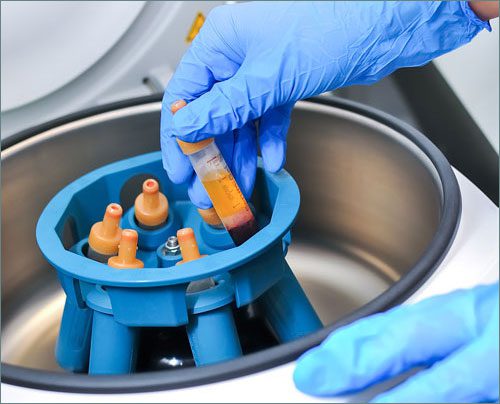Diagnostic
Our diagnostic options include hormone examination, cycle monitoring, spermiogram and tubal patency testing.
Diagnostics and Examination
The first step is a detailed discussion in which you should report all the symptoms you are aware of.
Fallopian tube patency test
There are different methods to check the patency of the fallopian tubes. In the past, this was done with an X-ray contrast examination.
Nowadays, either a laparoscopy can be performed in which a catheter is used to inject coloured fluid through the uterus into the fallopian tubes and then into the abdominal cavity. The procedure is performed under general anesthesia, but often on an outpatient basis, i.e. you can leave the clinic on the evening of the procedure.
The least physically demanding (and without any anaesthesia) is to test the patency of the fallopian tubes by sonography. A small plastic catheter is used to inject harmless sugar solution into the uterus, which can be clearly seen in the ultrasound. The outflow of the fluid via the fallopian tubes can usually be visualized without any problems. This examination is carried out in our centre.
Spermiogram
In order to determine a suitable therapy for fertility treatment, a spermiogram is carried out prior to the treatment, i.e. the man’s semen is analysed. The number and mobility of the sperm are checked and special functional tests are carried out.
The sperm examination takes place optimally after a waiting period of three to five days. If your journey to us is not longer than 30 minutes, it is also possible to obtain the sperm sample at home. Please do not hesitate to contact us in this regard.
















